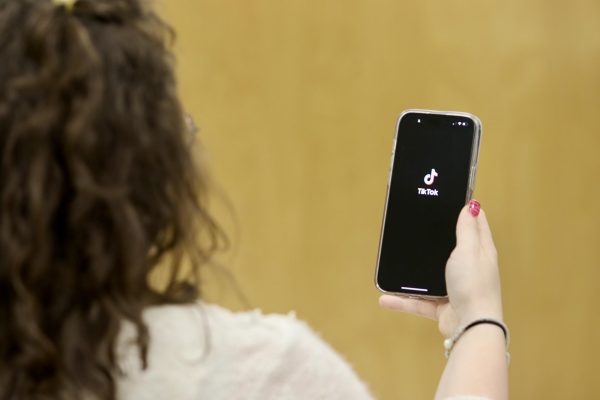Letter to the Editor: March 30 Issue
Dear Editor,
Even before the pandemic, one in three students at four-year colleges nationwide struggled to afford adequate food while in school. The pandemic has made that situation worse.
Despite compelling evidence that many college students would benefit from help buying groceries, the Supplemental Nutrition Assistance Program (SNAP) has long excluded full-time students from food assistance benefits unless they meet certain qualifications, penalizing otherwise eligible students for pursuing higher education.
Because SNAP is our nation’s largest and most effective source of food aid, that’s a big problem. Thankfully, in January, Congress made it easier for the millions of students across America to use SNAP while they’re in school. This is particularly important now, as record numbers of students struggle to make ends meet.
Recent changes boosted SNAP benefits in response to the pandemic, to $234 per month for a single-person household, and $430 per month for a two-person household, with higher benefits for larger households — more help than ever before.
According to new rules for the program, students have easier access to SNAP if they: one, are eligible to participate in state or federally financed work study during the regular school year, as determined by the institution of higher education, or two, have an expected family contribution (EFC) of $0 in the current academic year, as indicated on their student aid report. These changes are irrelevant unless college students know about them, and unless they know how to access SNAP.
You can find your Expected Family Contribution (EFC) on your Student Aid Report, available at studentaid.gov. If you have questions, contact your school’s financial aid office.
You also have easier access to SNAP if you are eligible for work study—even if you don’t currently have a work-study position. Students should contact their financial aid office to confirm your eligibility for work study.
Louisiana residents can apply for SNAP online, at www.dcfs.louisiana.gov/cafe and by mailing or faxing an application to the Department of Children and Family Services. You can learn more at www.dcfs.louisiana.gov/snap-how-to-apply. College administrators and student groups have critical roles to play in getting the word out about SNAP access.
Financial aid offices can reach out to students who might be eligible for SNAP based on information in their files. Student groups can spread the word about SNAP to their peers.
In the future, Louisiana can also join the growing list of states that streamline SNAP access for students through hunger-free campus legislation. In the meantime, it’s critical that campuses help students now. Hunger cannot wait.
Daniel Mintz
Policy Advocate
Director of Safety Net Policy, Louisiana Budget Project
Your donation will support The Lion's Roar student journalists at Southeastern Louisiana University.
In addition, your contribution will allow us to cover our annual website hosting costs.
No gift is too small.




